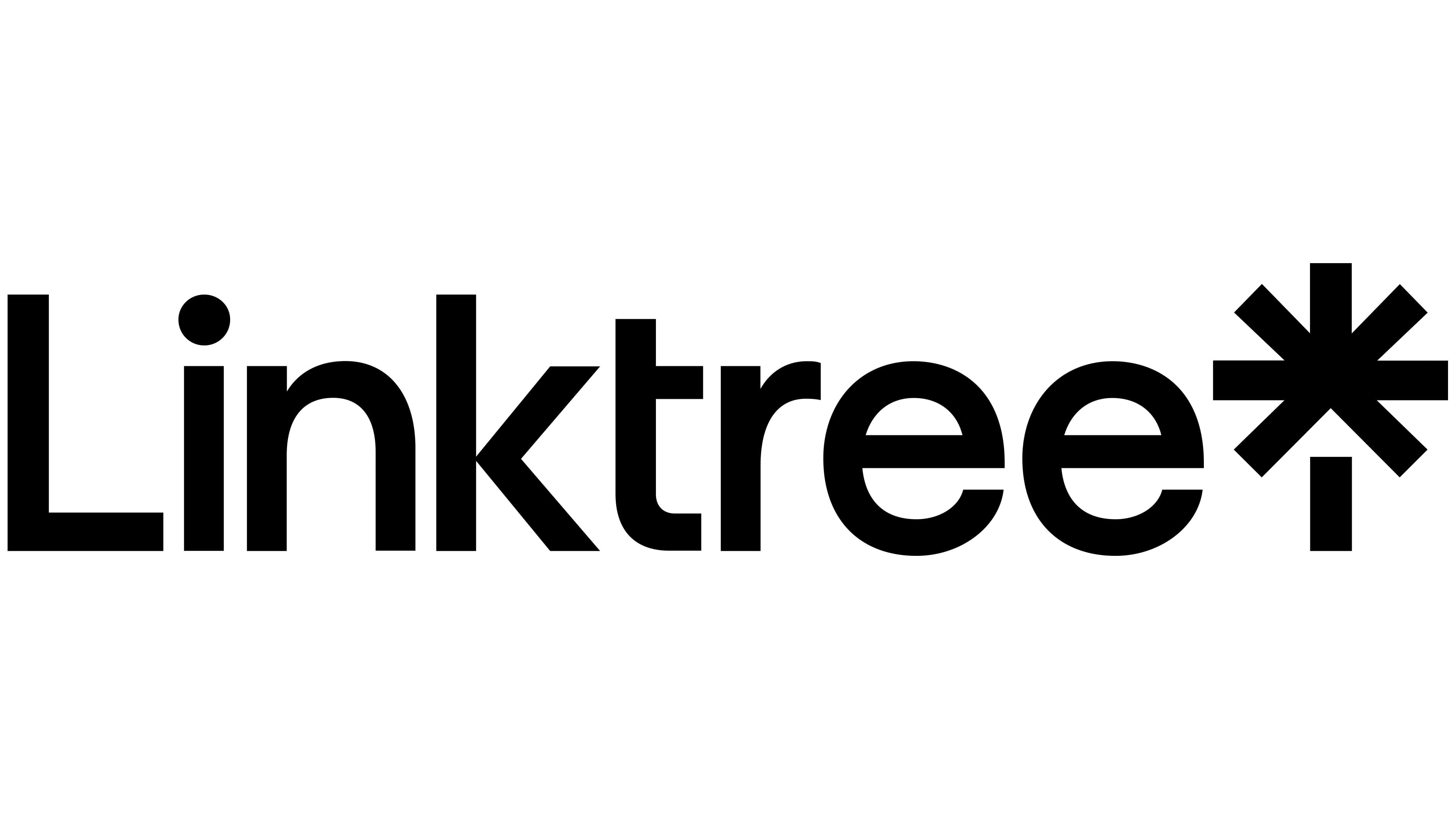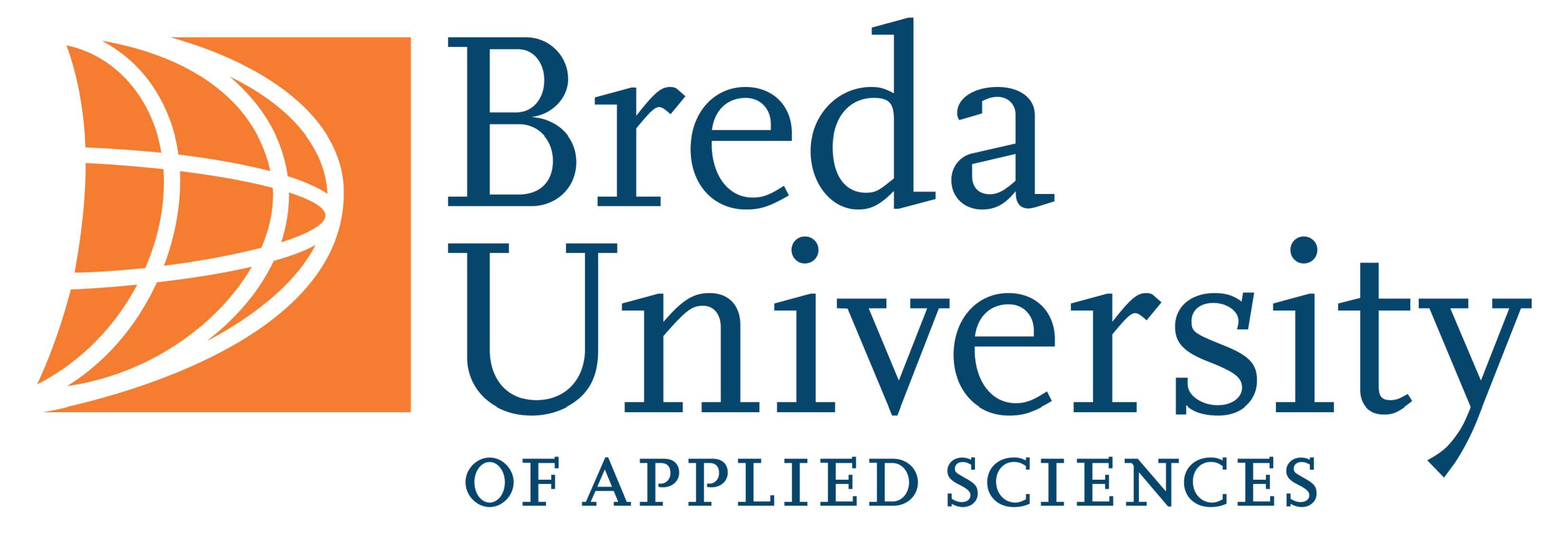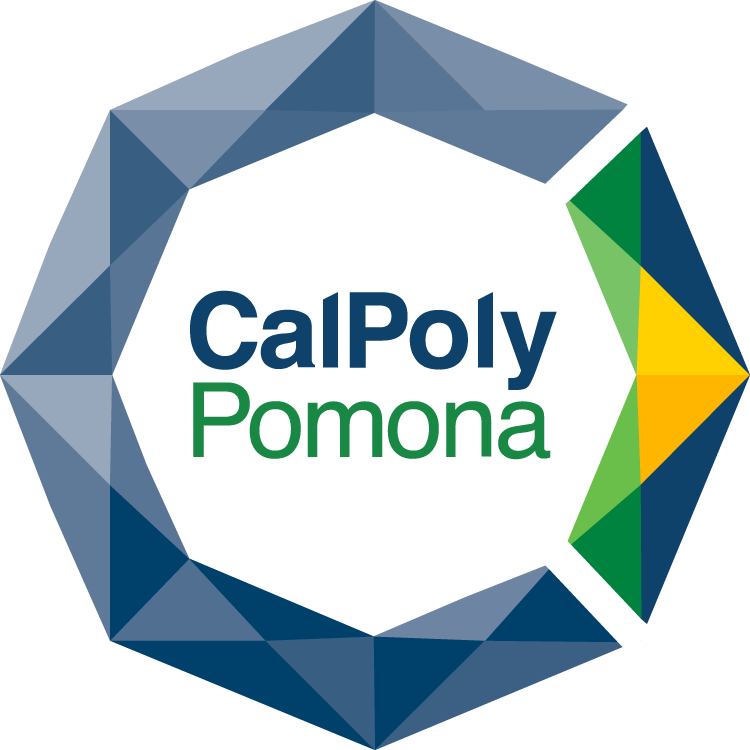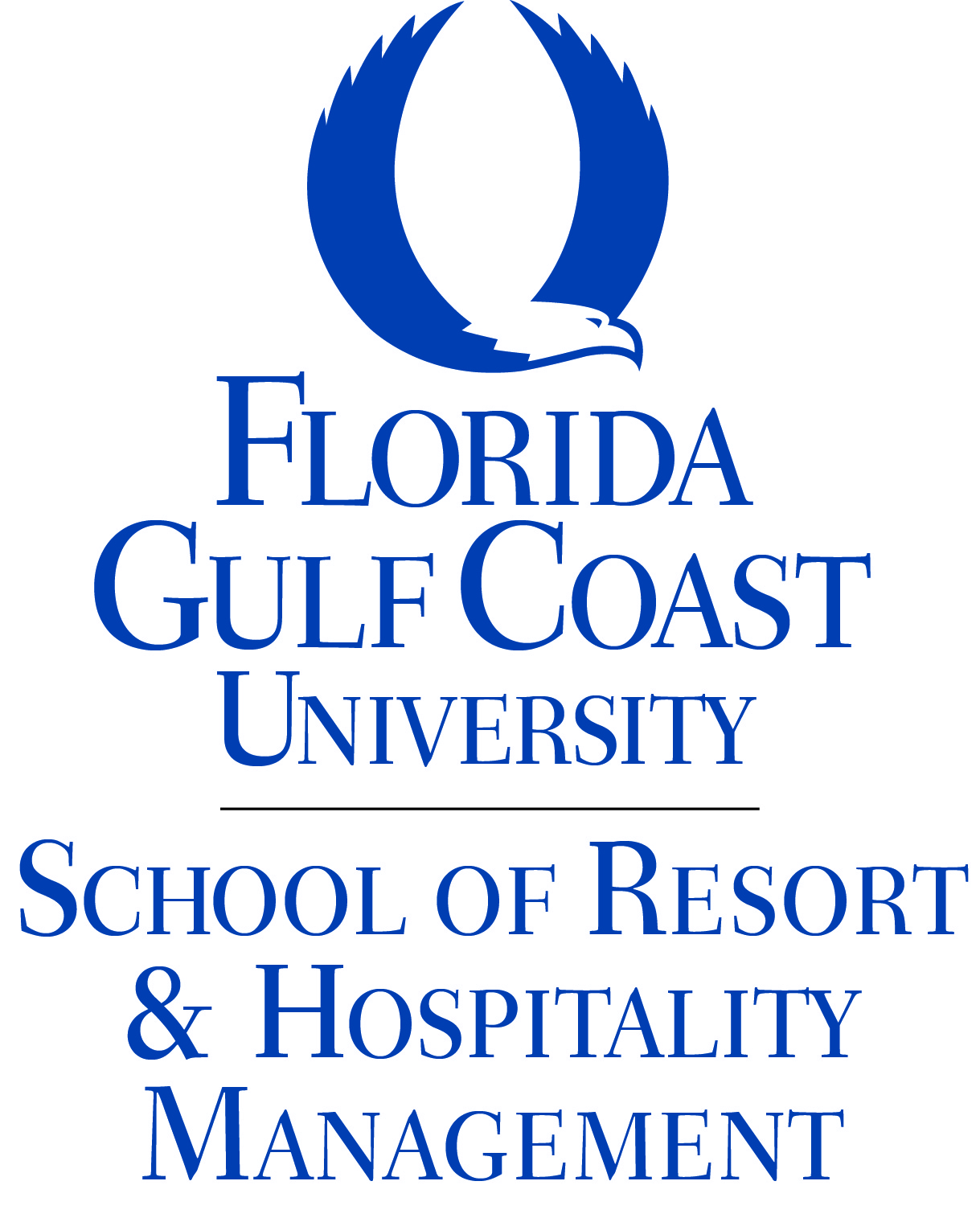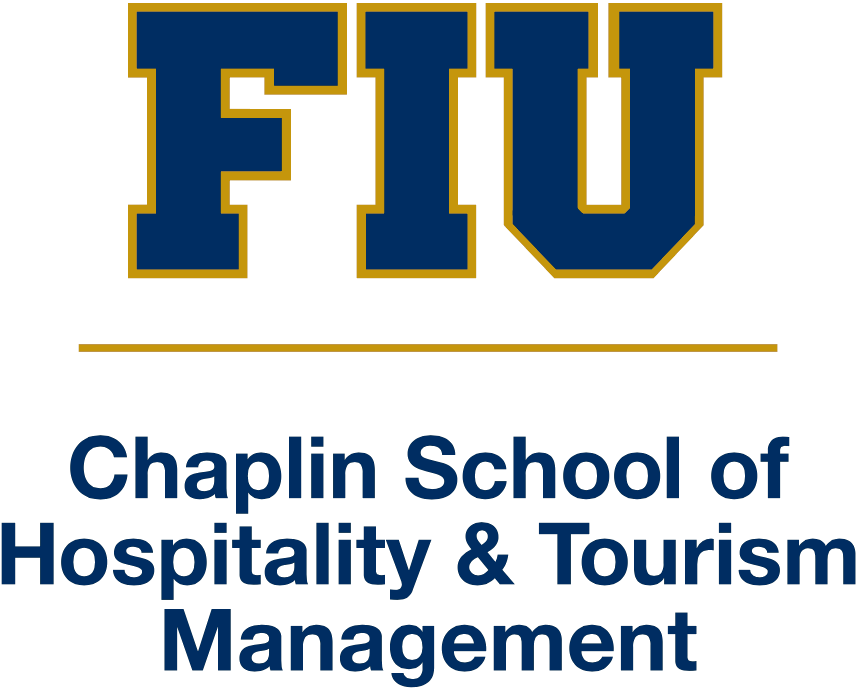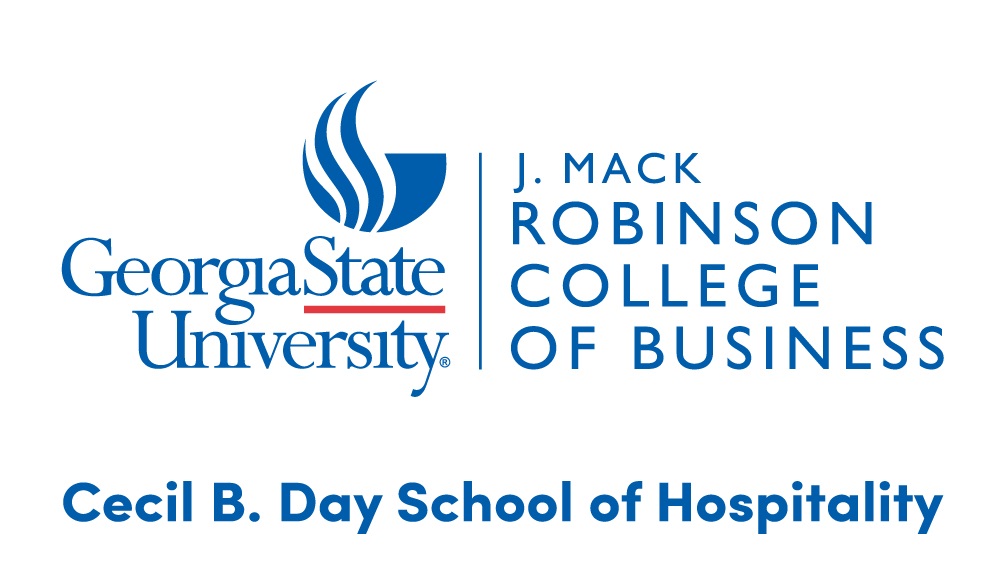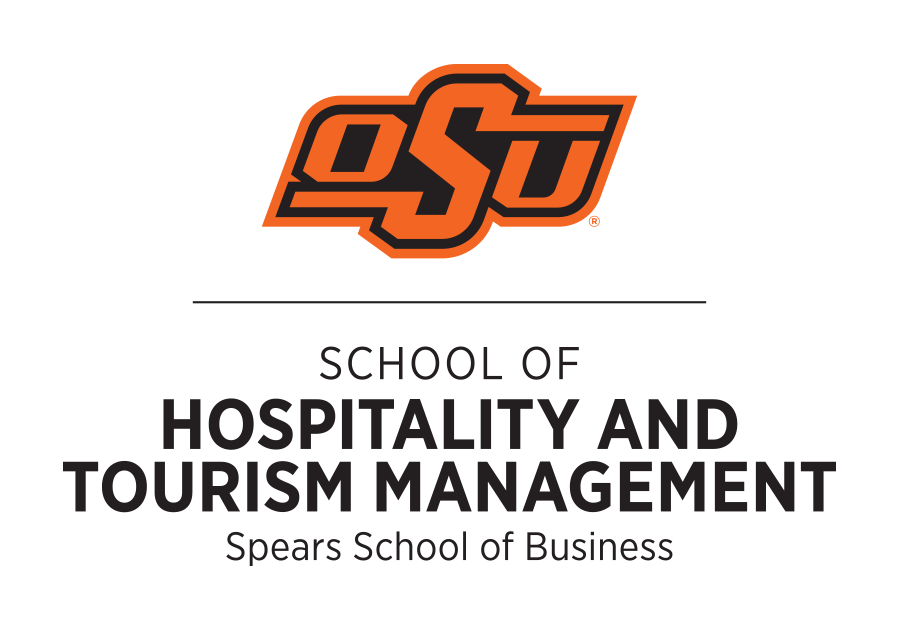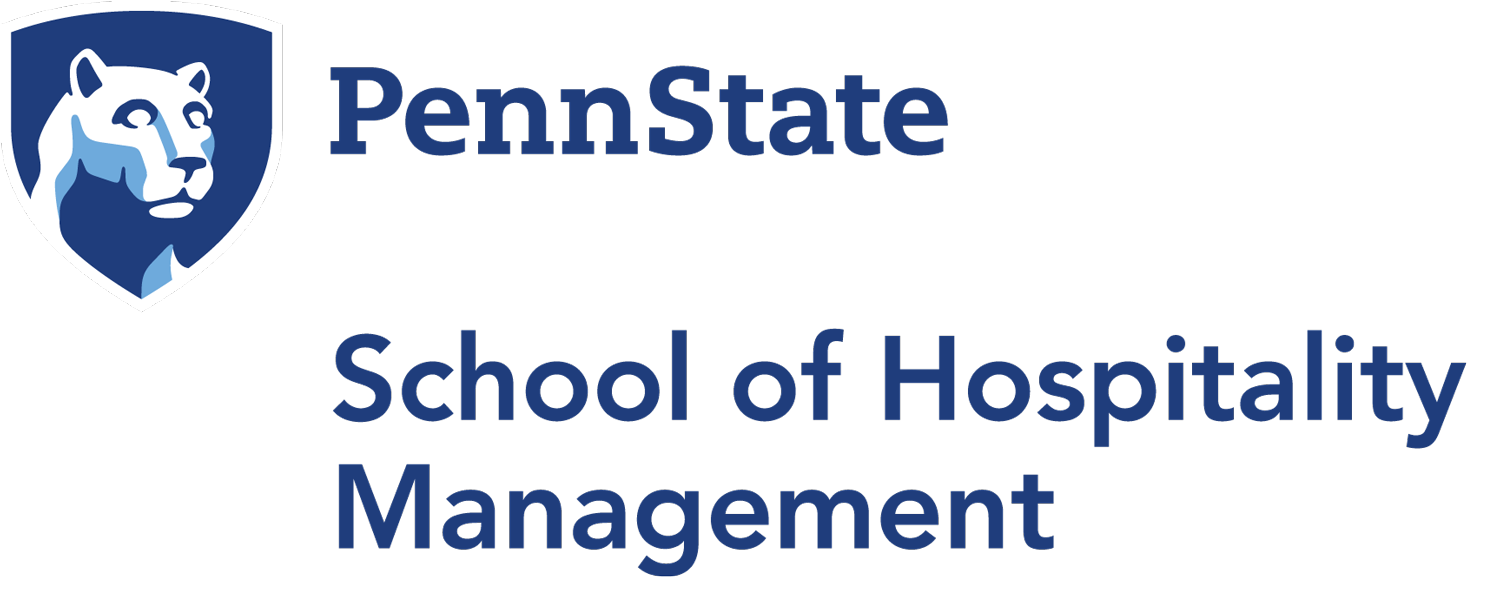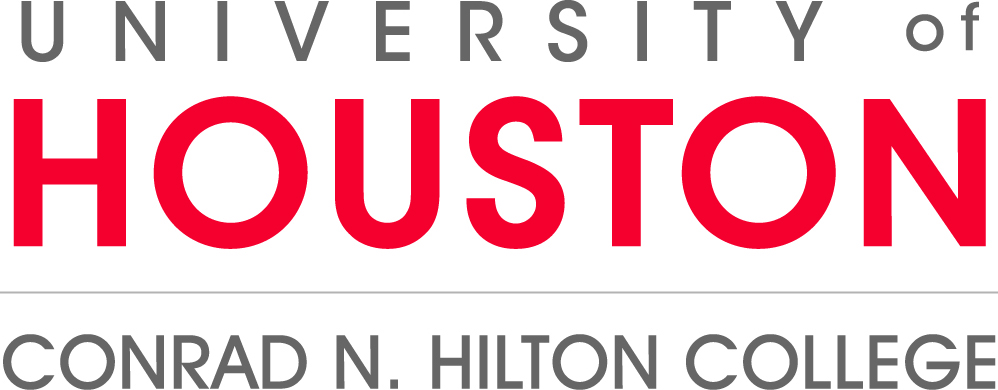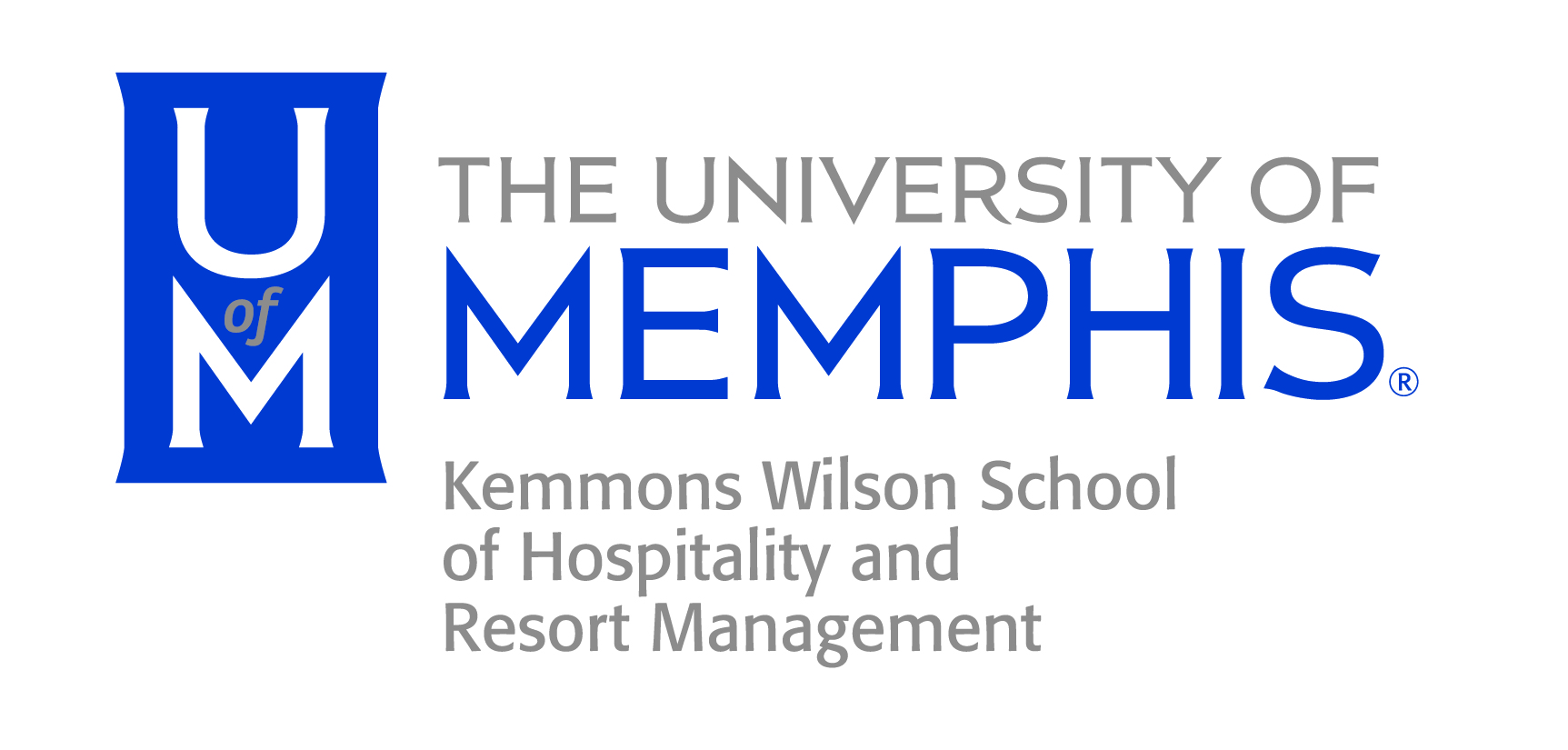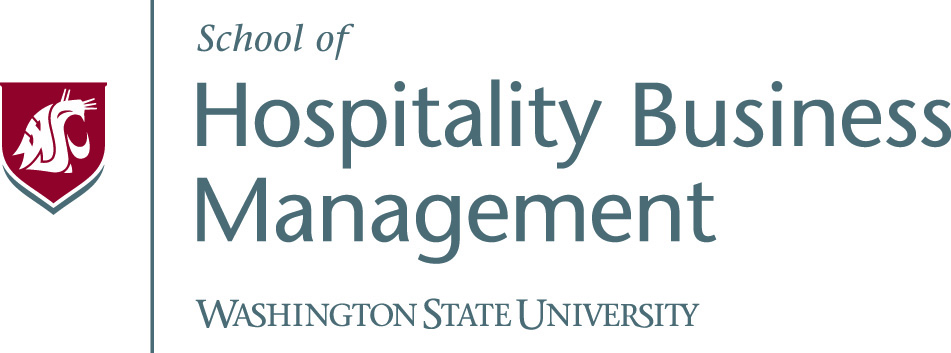ICHRIE went to Indy!
ICHRIE GOING FULL THROTTLE
Indianapolis is one of the highest ranked conference cities in the USA, and we can see why!!
Last week, Fran Brasseux (ICHRIE CEO), Kim Williams (ICHRIE President), Page Ksionska (Conference Consultant), and Darla Hancock (ICHRIE Communications & Networking Specialist) visited the JW Marriott Indy Place and the Indiana State Museum - as well as lunched with Jeff Robinson (Managing Director of Marketing at Visit Indy) at the iconic Harry & Izzy’s and spent an evening at the Gainbridge Fieldhouse for a NBA Indiana Pacers basketball game with Visit Indy and the Indianapolis Convention Center, one of the largest in the Midwest.


